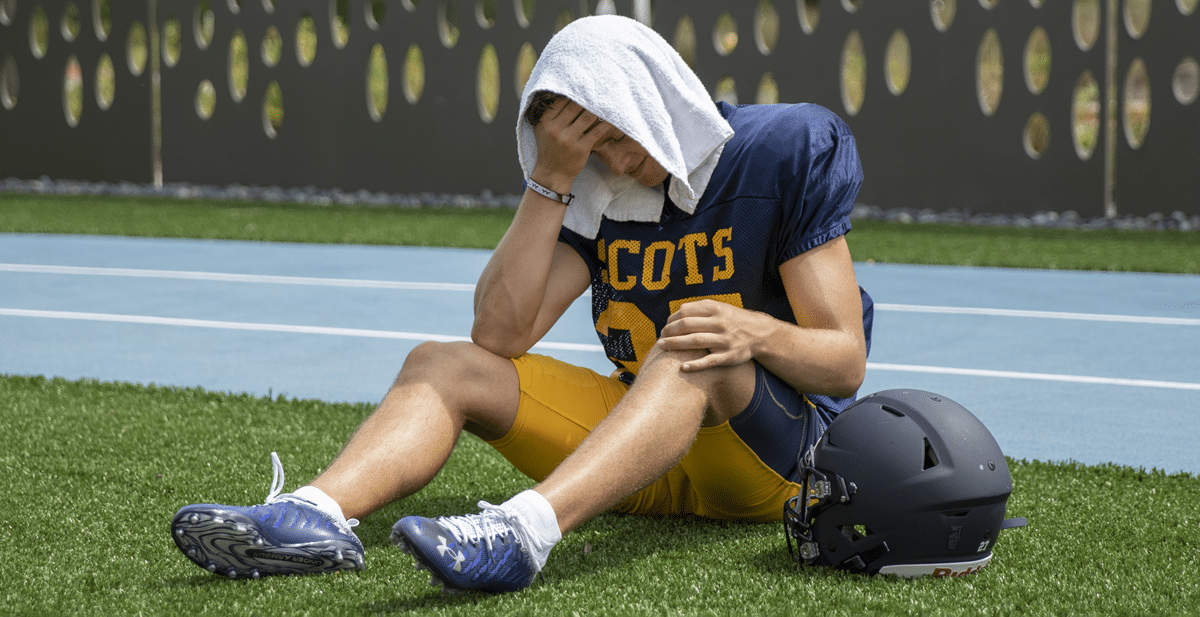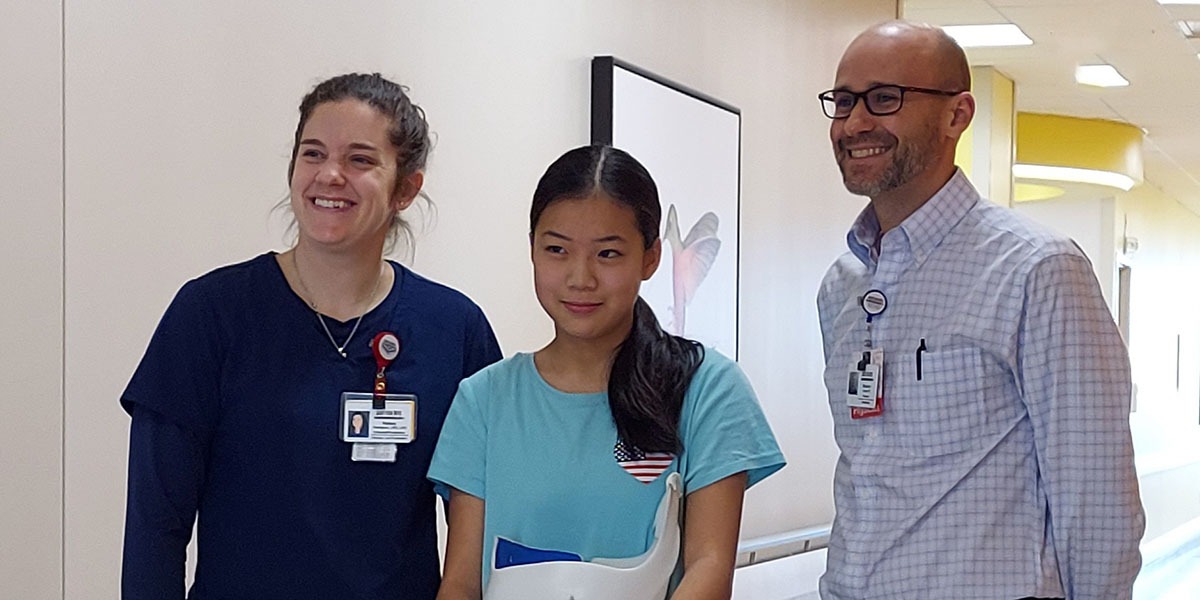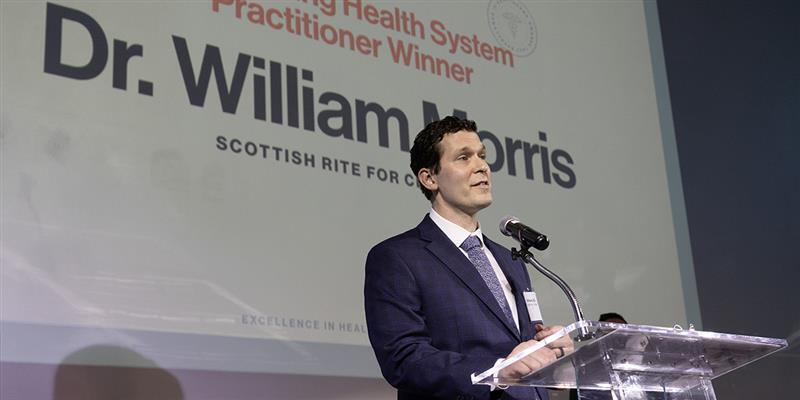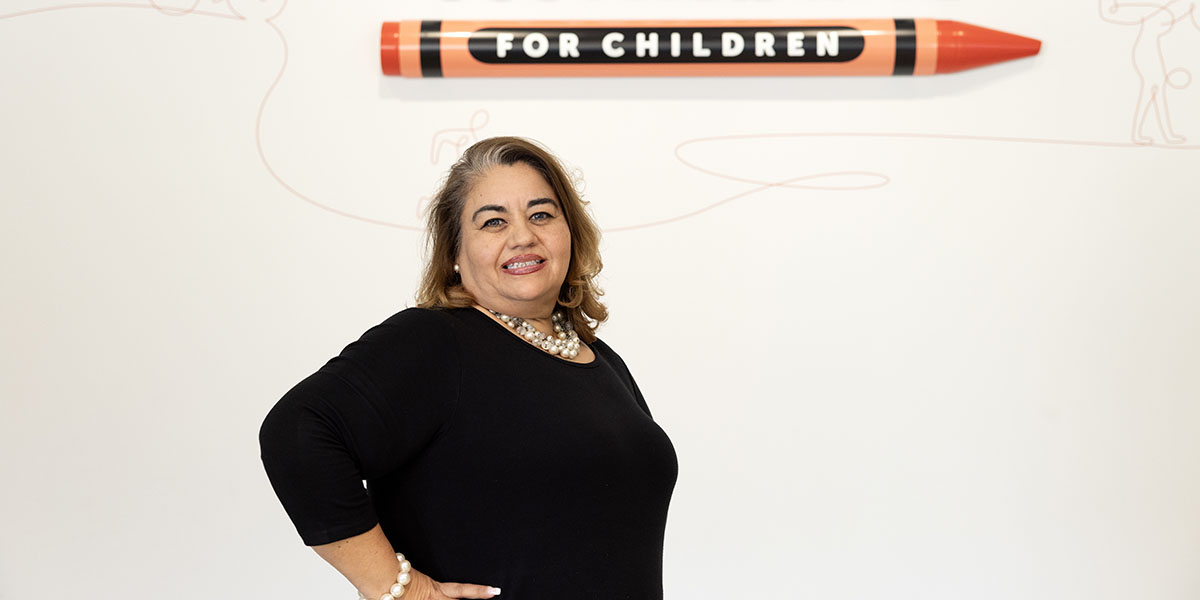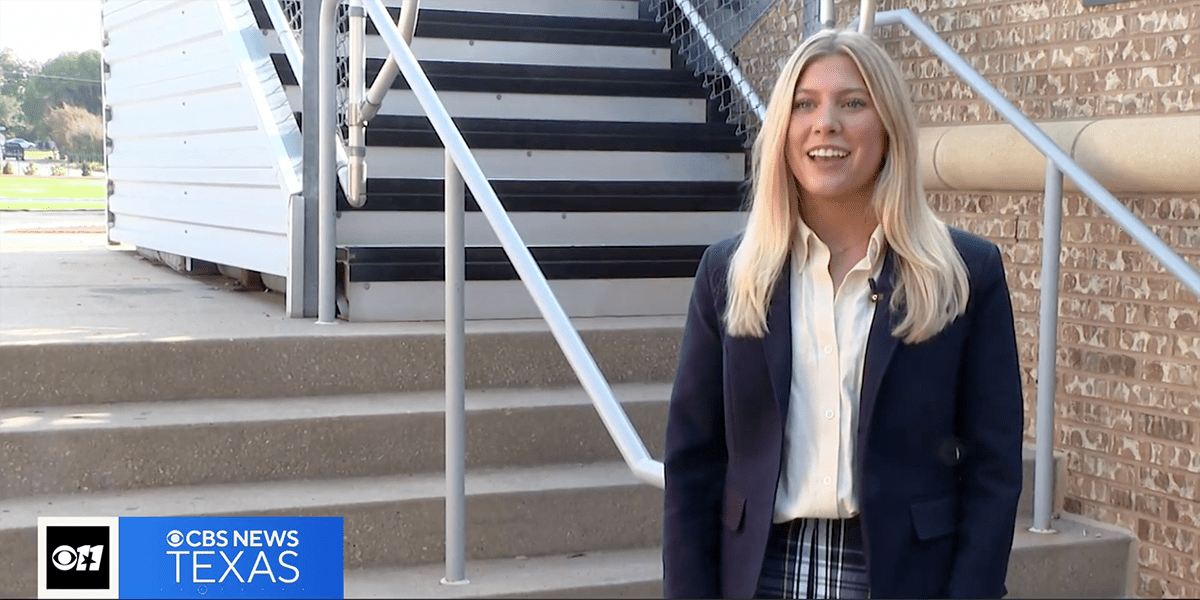Head injuries in children, especially children who play sports, can have long-lasting impacts. Knowing the signs of a concussion in kids will help you get the treatment your child needs to avoid serious complications.
Concussion Basics
A concussion is a mild traumatic brain injury that can occur when a child experiences a sudden blow to the head. The impact causes the brain to jostle around the skull’s interior, damaging brain tissue and brain cells.
Although concussions during football get a lot of attention, these head injuries can also be caused by falls, collisions during other sports, bicycle accidents, and even minor car accidents. Particularly concerning is that having a concussion increases a child’s risk for having another one.
Immediate Warning Signs of Concussions in Kids
When your child hits his or her head, it’s natural to wonder if they’re okay. You may see your child jump up and keep playing, and you assume they aren’t injured. But you should monitor them closely for signs of a concussion because not all children will show immediate symptoms. In fact, according to the International Concussion Society, 90% of concussions that occur during sports don’t cause the person to black out or become unconscious.
“When in doubt, sit them out,” said Shane M. Miller, M.D., sports medicine physician and concussion expert. “If your child seems dazed, stunned, dizzy or is complaining of a headache, it’s safest for you or their coach to remove them from play immediately. The ‘tough it out’ mentality could prolong recovery and make them more susceptible to a more severe injury.”
Immediate symptoms of a concussion to look out for include:
- Confusion
- Dizziness
- Memory loss
- Nausea
- Severe headache
- Vomiting
If any of these symptoms are present, stop your child from playing or participating in an activity. More than 50% of child athletes continue playing a sport after experiencing a concussion, often because they don’t realize they’ve had a concussion or they don’t think their symptoms are that serious. However, continuing to play can slow recovery, increase the chances of having another concussion and lead to long-term symptoms, such as a headache that lasts for months.
Delayed Symptoms
Concussion symptoms can appear a few hours and even days after a concussion. Some symptoms may show up as much as a week after a concussion.
Even if your child seems fine after a short time, watch out for the following signs and symptoms:
- Changes in alertness, such as difficulty staying awake, becoming unusually tired or having trouble paying attention
- Difficulty concentrating
- Emotional and behavioral changes, such as mood swings, irritability, a sudden change in your child’s personality and unexplained emotional outbursts.
- Headaches, especially persistent headaches, and those that worsen over time
- Losing consciousness
- Memory problems
- Nausea and vomiting
- Sensitivity to light or noise
- Trouble with balance and coordination, for example, unsteady movements, clumsiness and stumbling
When to Take Your Child to the ER for a Concussion
Concussions are always serious, but in some cases, the injury requires immediate medical attention from specialists at the closest emergency room (ER). Signs that a visit to the ER is necessary include:
- Prolonged confusion
- Seizures
- Vomiting repeatedly
- Worsening symptoms
At the ER, health care providers will perform a detailed physical exam, looking for visible injuries and symptoms, such as headaches and dizziness.
The ER team will also take your child’s medical history and ask about the incident and any previous concussions. The providers may order a comprehensive neurological assessment to test your child’s cognitive function, coordination, reflexes and responsiveness. They may also send your child for an imaging test, such as a CT or MRI scan.
Creating a Long-Term Plan for Concussion Recovery
In general, concussions heal in a few weeks. However, children require more recovery time from a concussion than adults, so help your child be patient during this process. Remind them that not taking enough time to heal could result in a more severe injury, including another concussion. The more concussions a child endures, the higher the likelihood of long-term damage to the brain.
Your child’s pediatrician can work with you to develop a plan to treat your child’s concussion. This plan will include plenty of time to rest and recover.
Gradually, your child will be able to return to normal daily activities, including sports, but only after you get the all-clear from their pediatrician or sports medicine specialist.
“Concussion management is a team approach, but the care is individualized to the needs of each athlete,” Miller said. “Unfortunately, injuries occur during sports, but how you respond is critical. Early recognition and treatment, with a supportive family and coaches leads to better outcomes and a quicker return to play.”
If your child took a baseline concussion test before the injury occurred, the goal is for their test results to be back to baseline levels.
Even after your child gets back on the court or field, you should monitor them for symptoms mentioned above. Symptoms that don’t go away or reappear after your child starts playing again could be signs of post-concussive syndrome, a rare condition that can develop in children who have had more than one concussion.
Trust your instincts when it comes to your child’s health. If you suspect a concussion, call our expert team now at 469-515-7100. We provide specialized care to ensure your child’s well-being and quick recovery.


